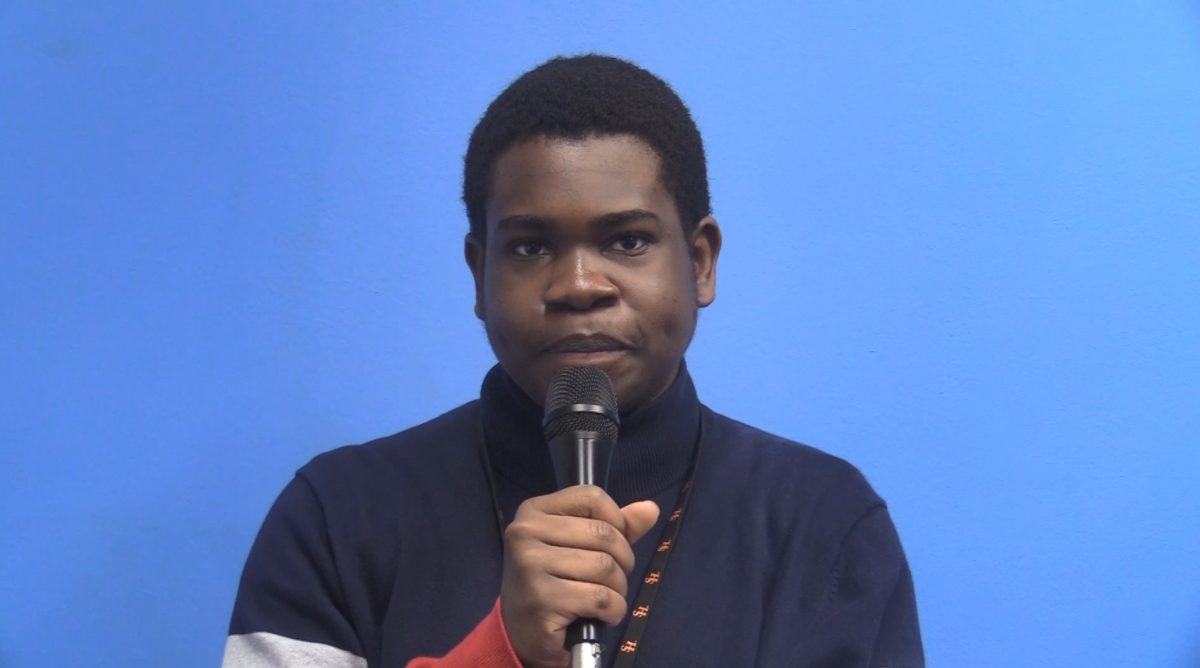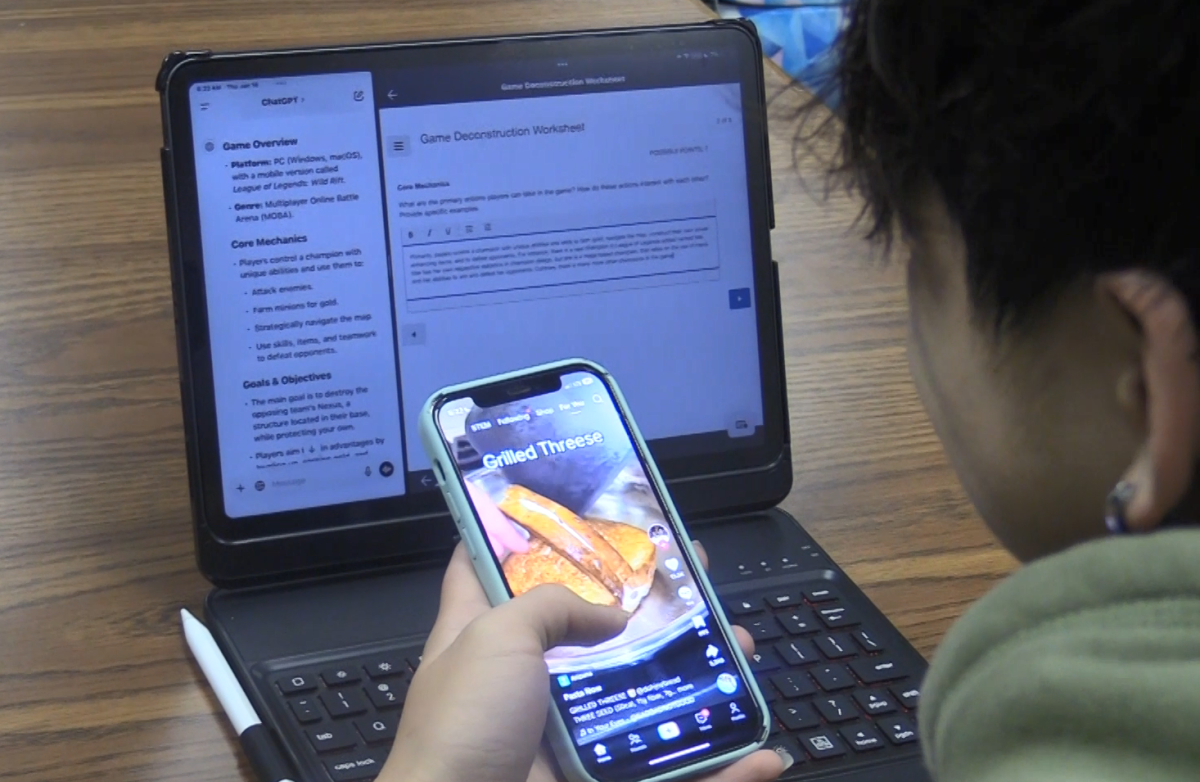For many students, the TAKS tests they take every year do not have a lot of consequences. Sure, it’s nice to get commended, or to escape the tutorials they will inevitably have next year if they fail this year’s TAKS; but only the Exit-level TAKS junior year counts towards graduation.
But for the freshmen, the tests they take this spring and every year will help determine whether they graduate.
The traditional TAKS (Texas Assessment of Knowledge and Skills) program that has tested students’ knowledge for almost a decade is coming to an end as the Texas Education Agency replaces it with the new STAAR (State of Texas Assessments of Academic Readiness) program beginning this school year as a way of increasing the rigor of state academic testing.
For this year’s freshmen and all future high school students, the new testing program will consist of four End-Of-Course exams each year in English, mathematics, science and social studies. This differs from the TAKS, which consisted of general tests for each grade level.
STAAR will be taken only by freshmen this spring, while sophomores and juniors will continue to take the TAKS. This means that ninth graders will be taking End-Of-Course exams (EOC) as part of the new STAAR testing program, while sophomores and juniors will still have the TAKS as part of their graduation requirements. Some juniors and sophomores will take EOCs as field tests; but these will not count towards their graduation requirements.
According to Principal Greg Freeman, the STAAR tests will be harder than TAKS.
“What I know is that it is supposedly harder, that it’s end- of-course, so each core course from ninth to eleventh will at some point have end-of-course exams,” he said.
Freeman said the state is making the tests more rigorous in order to prepare students better for college and careers.
“Every time we’ve changed — in all the years I’ve been in education we’ve had many different tests — and each test has gotten a little harder and everybody has adjusted, but it has improved the quality of the work we do.”
Counselor Sara Tones said the tests will be more specific to the courses students take; students in Algebra I, for example, will be tested only on Algebra I concepts, instead of taking a general math test that covers concepts from other classes.
“They [the state] wanted to focus more on specific subjects and they’re aiming to make the test a little more rigorous, and they’re trying to make students more college ready.”
Freeman believes that the new testing program will further enhance students’ knowledge and skills by holding them accountable for specific subjects in each test.
“I like the idea that students are held accountable for course work,” he explained, “like if you’re taking World Geography in a course then it’s all about the World Geography, it’s all about the course content, it’s all about specifics, so in that way I like it.”
Freshmen will have to make a collective score across 12 EOC tests in order to meet current graduation requirements. The scores they get on their tests will count as 15% of their final grade and they can retake each test a total of three times if they do not pass. Unlike TAKS tests, STAAR EOCs are timed; students will have only a few hours to complete each test, rather than taking a whole day.
Sophomore Jing W. found the STAAR field test last spring more difficult than TAKS and said that it required more effort to complete.
“I think it was a little more challenging than the TAKS test because unlike the TAKS test, you don’t have time to sleep the whole day because you have to figure out the harder questions.”
Freshman Ricardo L. said he would also prefer to stay with a more familiar test.
“I like the TAKS test better because I know it better,” he said.
Although freshmen may feel nervous about the changes to the testing program, Tones assures them they have nothing to worry about.
“They may be a little nervous because it’s something new,” she said, “but hopefully they’ll know that their education is going to more than prepare them for their test and they have nothing to be worried about.”





